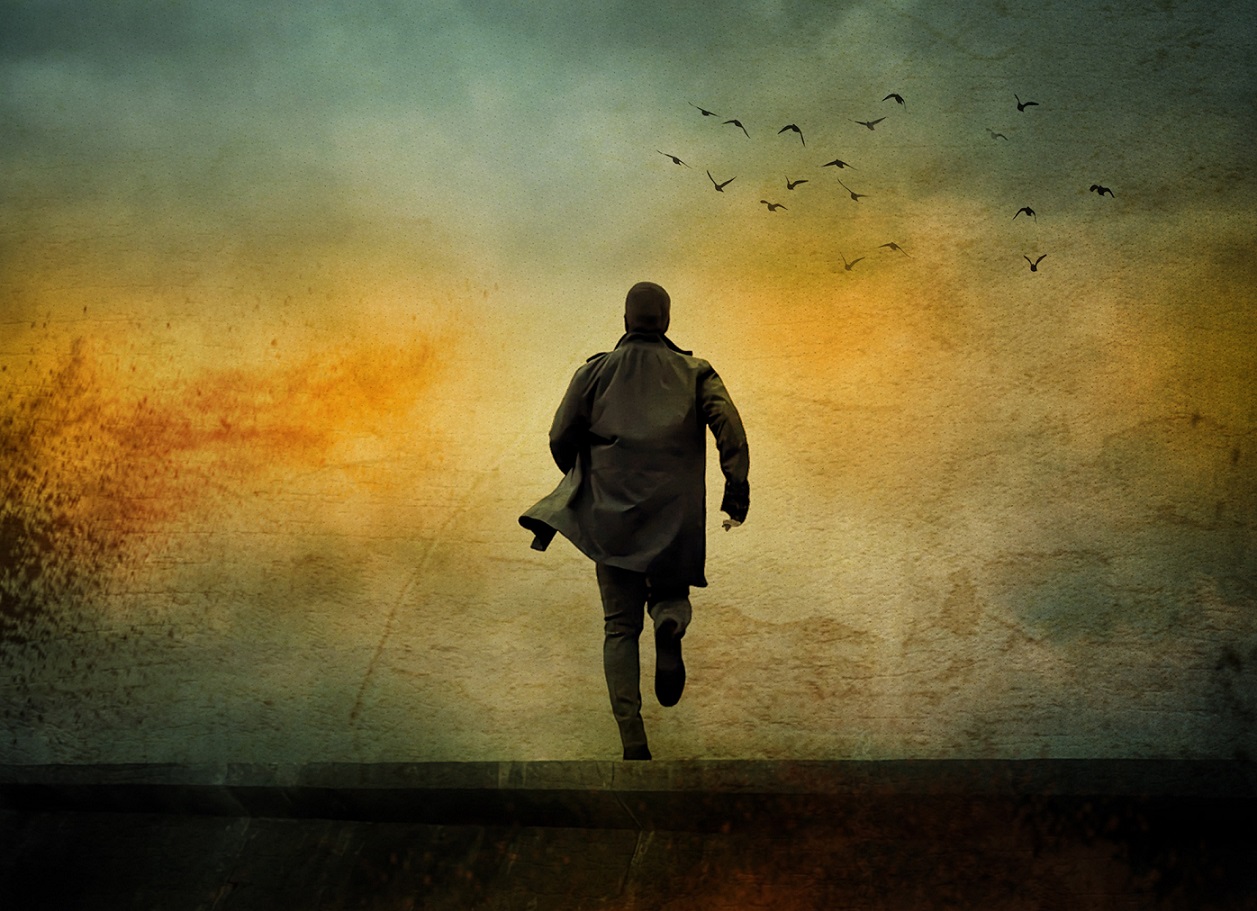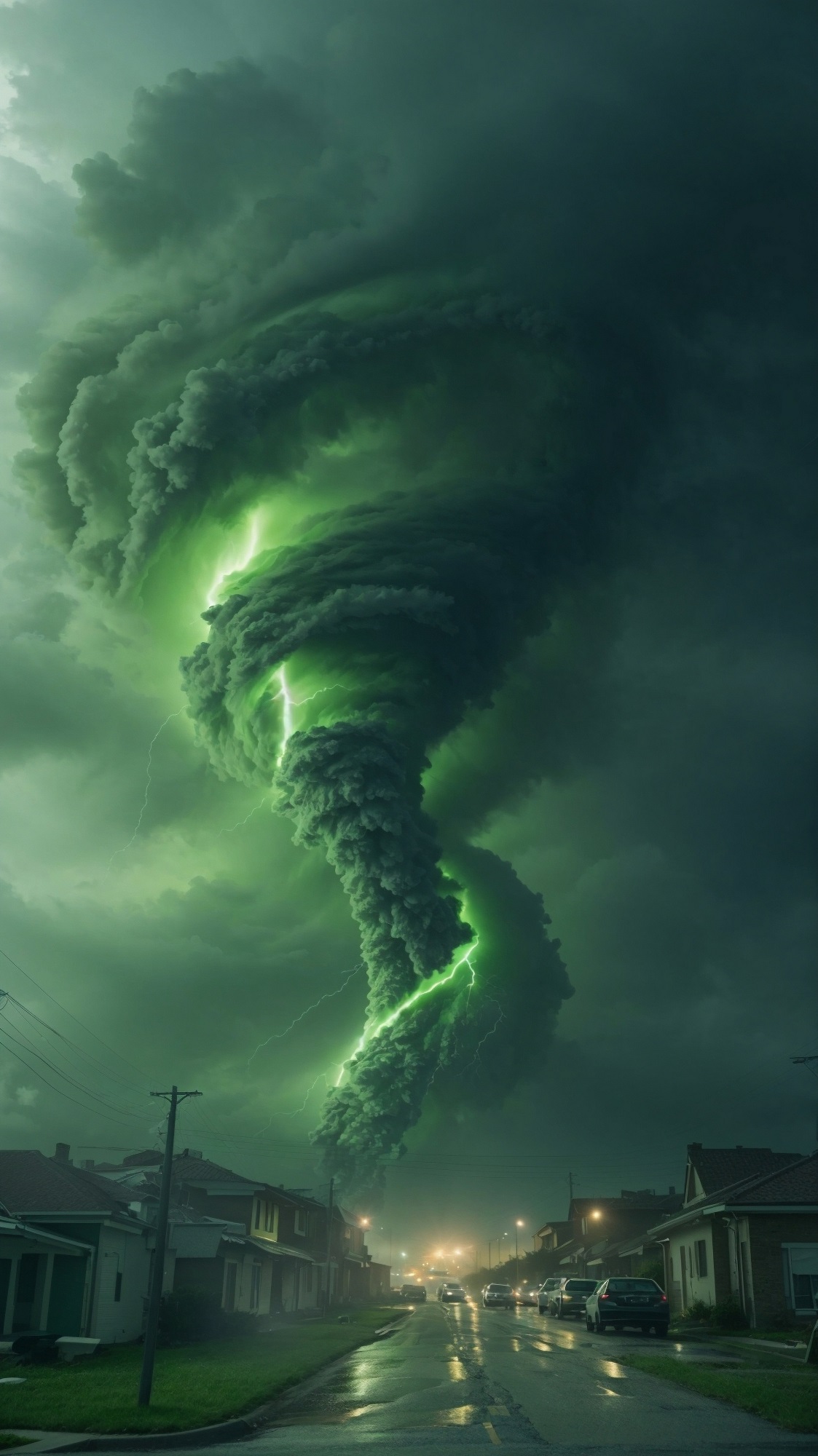Jorie Graham’s “To 2040”, which provides the title for her latest collection of poetry, is a terrifying vision of what comes after the ecological meltdown that the present economic order is hurtling us towards.
 Sean Sheehan
Sean Sheehan
The human sense of time’s passage is endangered, minutes become indistinguishable from one another and, as the day/night division loses its distinctiveness, what remains is only the wish to ‘make day flower as a piece of time again’. If this sounds apocalyptic, that’s because it is – more precisely, the poems are set in the future, in a post-apocalyptic landscape where there is no future because the predictions of an ecological disaster have borne their dead fruit.
In poetry, which differs from prose in its use of lines, the division between the lines matters a great deal. Graham’s deployment of lineation is transformative, as in the opening poem in Graham’s new collection where the beginning of a question, implied by its title ‘Are We’, is completed in the first stanza where it begets more questions:
ARE WE / Extinct yet. Who owns / the map. May I / look.
 The abandonment of poetic niceties – convention has it that titles stand apart from the poem proper – becomes entirely appropriate in the face of societal and environmental breakdown. Prosody, the pattern of stress and intonation in language, calls out for a new voice, a new cadence, in a dislocated world with a broken temporal reality and an unknown cartography.
The abandonment of poetic niceties – convention has it that titles stand apart from the poem proper – becomes entirely appropriate in the face of societal and environmental breakdown. Prosody, the pattern of stress and intonation in language, calls out for a new voice, a new cadence, in a dislocated world with a broken temporal reality and an unknown cartography.
The poem, On the last day, speaks of a ‘rare ineffable narrowness’ that lies outside calculation –‘below numbers’ – a reminder of the peril that is kept hidden behind the masquerade of politicians and industry that the manipulating data to give the impression that climate change can be managed without radical change.
It also refers to the way language avoids accepting the truth – ‘alphabets and their hiving, swarming’ – while another poem, ‘I’, dwells on the self-deceiving, easy lie that we can look inside ourselves and find a true selfhood:
I / Know myself I / say to my / self so I / cannot be / led astray
 Introspection discovers ‘someone else in there’ with ‘will in their/ eyes wild like a sail / in the wind’ – that part of ourselves that won’t heed the warnings of ecological collapse.
Introspection discovers ‘someone else in there’ with ‘will in their/ eyes wild like a sail / in the wind’ – that part of ourselves that won’t heed the warnings of ecological collapse.
…You back there, are you back there listening
to me am I audible what do I
do to make this
audible don’t forget to ask when your time comes for presence.
Do not ask for forgiveness…
Graham’s syntax and sparse lyricism is a poetic voice echoing the urgency that animates Extinction Rebellion and she brings to it a singular evocation of what she calls, in I catch sight of the Now, “The roomlessness of your suddenly”.
She stands in a shower and observes the steam on the glass: “the slipping of forever & forever’, the passing of an unrecoverable moment that is ‘just the planet / turning again and again into and out of the / dark which is not itself actually dark / at all.”
“2040”, by Jorrie Graham, is published by Carcanet.
(Photos: Pixabay)












.jpg)












